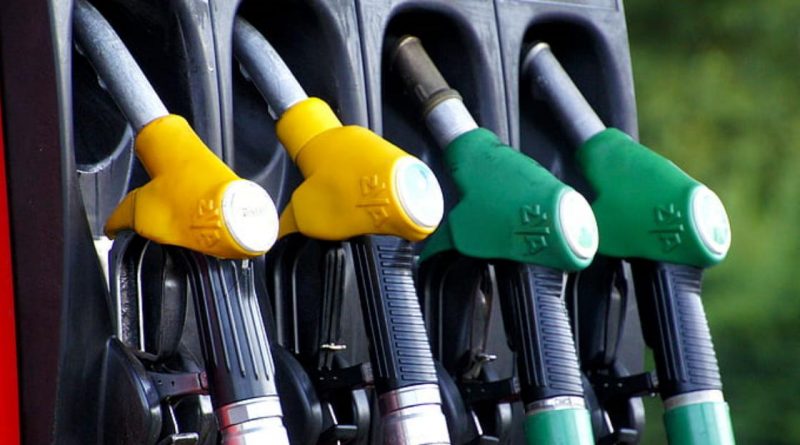EU and G7 partners agree price cap on Russian petroleum products

Collected Image
The European Union – together with the international G7+ Price Cap Coalition – adopted on February 4 further price caps for seaborne Russian petroleum products, such as diesel and fuel oil, the European Commission (EC) said in a statement.
The Price Cap Coalition is composed of Australia, Canada, the EU, Japan, the United Kingdom, and the United States.
The move comes on top of the price cap for crude oil in force since December 2022, and will complement the EU’s full ban on importing seaborne crude oil and petroleum products into the European Union.
Two price levels have been set for Russian petroleum products: one for “premium-to-crude” petroleum products, such as diesel, kerosene and gasoline, and the other for “discount-to-crude” petroleum products, such as fuel oil and naphtha, reflecting market dynamics.
The maximum price for premium-to-crude products will be $100 per barrel and the maximum price for discount-to-crude will be $45 per barrel.
The price cap on petroleum products will be implemented from February 5 2023. It includes a 55-day wind-down period for seaborne Russian petroleum products purchased above the price cap, provided it is loaded onto a vessel at the port of loading prior to February 5 2023 and unloaded at the final port of destination prior to April 1 2023.
The price caps for petroleum products and crude oil will be continually monitored to ensure their effectiveness and impact, the EC said. “The price caps themselves will be reviewed and adjusted as appropriate.”
The EC also published on February 4 a guidance document on the implementation of the price caps.
The Price Cap Coalition is composed of Australia, Canada, the EU, Japan, the United Kingdom, and the United States.
Read More : Russian Energy Companies Halt Oil Supplies to Naftan Refinery in Belarus Because of US Sanctions
“This decision will hit Russia’s revenues even harder and reduce its ability to wage war in Ukraine,” the EC said. “It will also help stabilise global energy markets, benefitting countries across the world,” it said.The move comes on top of the price cap for crude oil in force since December 2022, and will complement the EU’s full ban on importing seaborne crude oil and petroleum products into the European Union.
Two price levels have been set for Russian petroleum products: one for “premium-to-crude” petroleum products, such as diesel, kerosene and gasoline, and the other for “discount-to-crude” petroleum products, such as fuel oil and naphtha, reflecting market dynamics.
The maximum price for premium-to-crude products will be $100 per barrel and the maximum price for discount-to-crude will be $45 per barrel.
The price cap on petroleum products will be implemented from February 5 2023. It includes a 55-day wind-down period for seaborne Russian petroleum products purchased above the price cap, provided it is loaded onto a vessel at the port of loading prior to February 5 2023 and unloaded at the final port of destination prior to April 1 2023.
The price caps for petroleum products and crude oil will be continually monitored to ensure their effectiveness and impact, the EC said. “The price caps themselves will be reviewed and adjusted as appropriate.”
The EC also published on February 4 a guidance document on the implementation of the price caps.
Source: https://neighbourhood-enlargement.ec.europa.eu
Previous Story
- Egyptian pound steady after day of tumult as...
- Russia’s 'new McDonald’s' replaces Big Mac with Big...
- Toyota keeps net profit forecast despite production woes
- How Ukraine turns cheap tablets into lethal weapons
- Russia to pull out of International Space Station
- Russia moves to take control of Sakhalin-2 oil...
- Russia fails to pay debt but denies default
- With bond deadlines looming, Russia days away from...